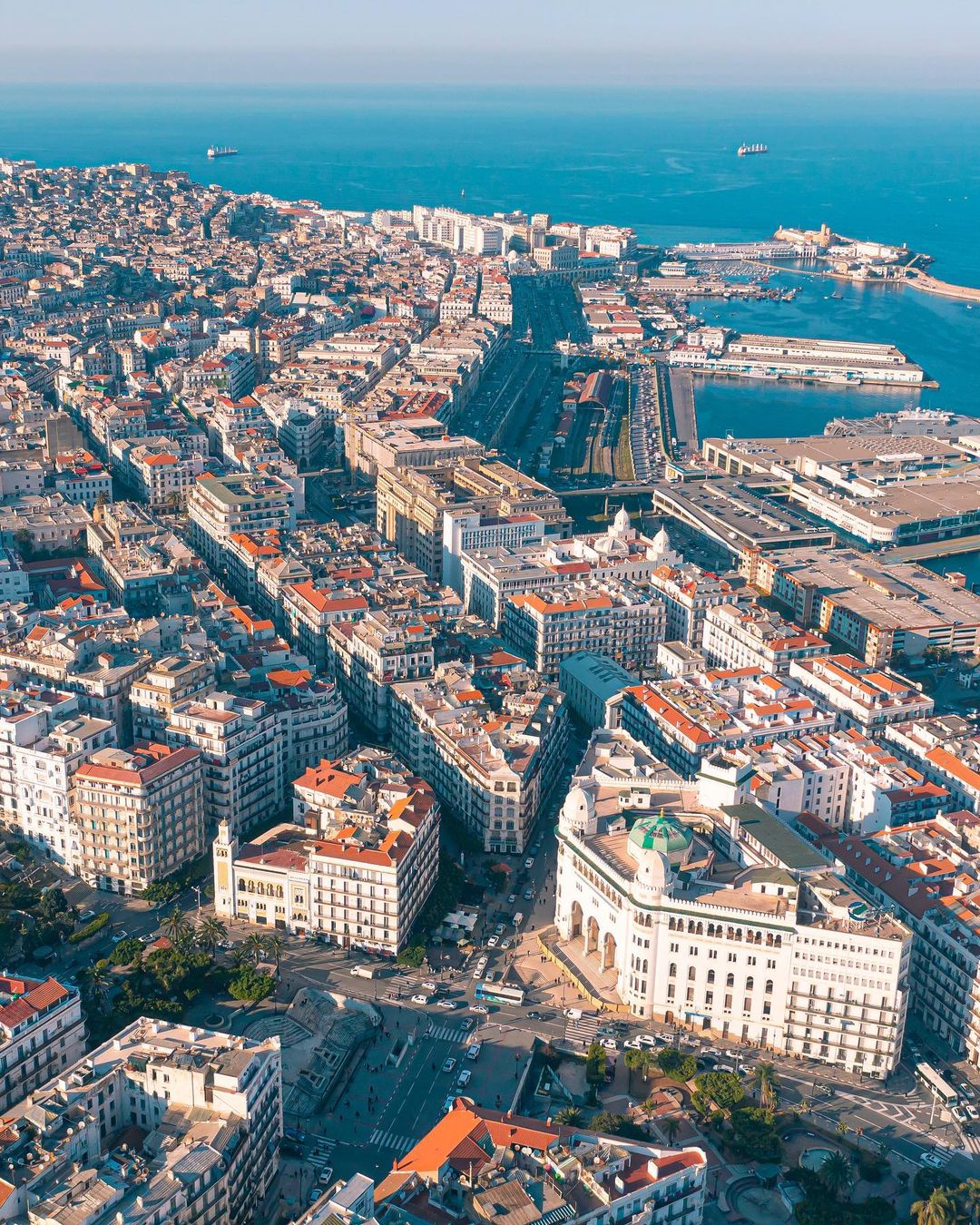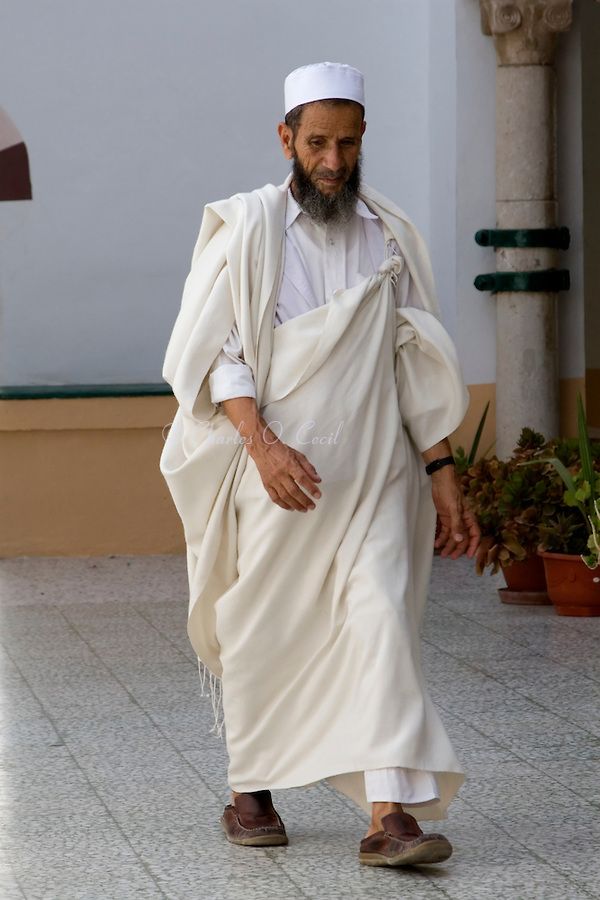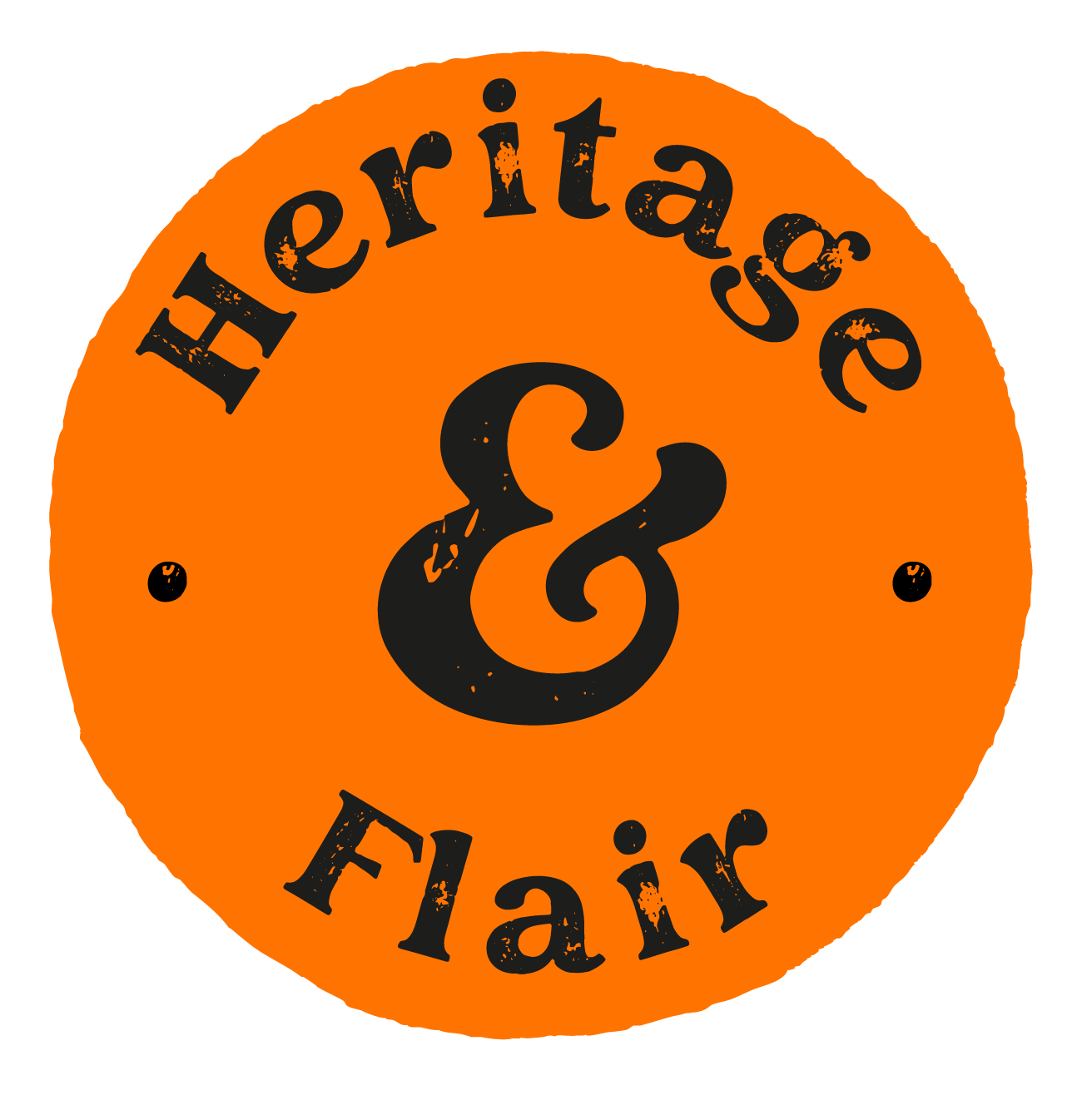
ALGERIA
Algeria is a country located in North Africa and is the largest country on the African continent and the 10th largest in the world in terms of land area. Algeria is bordered by several countries, including Tunisia and Libya to the northeast, Niger to the southeast, Mali and Mauritania to the south, Western Sahara to the southwest, Morocco to the west, and the Mediterranean Sea to the north. The capital city of Algeria is Algiers, which is the largest city in the country and serves as its economic and cultural center. The official language of Algeria is Arabic, and Berber is also recognised as a national language. French is widely spoken and used in government, business, and education.
Algeria has a rich and complex history. It was once part of the Roman Empire and later became a centre of Islamic civilisation. In the 19th century, it was colonised by France, and it remained under French rule until it gained independence in 1962 after a long and brutal war of independence. Algeria’s struggle for independence, known as the Algerian War of Independence, was a significant chapter in the country’s history. The war lasted from 1954 to 1962 and resulted in the end of French colonial rule and the establishment of the People’s Democratic Republic of Algeria.
The President is both the head of state and the head of government. The country has a multi-party political system, but the political landscape is dominated by a few major parties. Algeria has a mixed economy that heavily relies on hydrocarbon resources, particularly natural gas and oil. These resources account for a significant portion of the government’s revenue. In recent years, the Algerian government has been working to diversify the economy by investing in other sectors, such as agriculture and manufacturing.
Algeria has a diverse and rich cultural heritage influenced by Arab, Berber, and Mediterranean cultures. The country is known for its traditional music, including Raï and Chaabi, as well as its literature, art, and cuisine. The Berber culture, in particular, plays a significant role in the country’s identity. Algeria boasts a variety of natural wonders, including the Sahara Desert, the Tassili n’Ajjer National Park (a UNESCO World Heritage site famous for its prehistoric rock art), and the Atlas Mountains. The country also has historic sites like the Casbah of Algiers, another UNESCO World Heritage site, and the Roman ruins of Timgad.
Algeria faces challenges, including political stability, economic diversification, and social issues. The country has made efforts to address these challenges, but they continue to shape its development.
Algeria is a nation with a unique blend of history, culture, and geography, making it a fascinating and diverse place to explore and learn about.
Hidden Insights: Uncovering Algeria
1. Tassili n’Ajjer Plateau: This vast plateau, located in the southeast of Algeria, is famous for its stunning rock formations, prehistoric rock art, and ancient cave paintings. These archaeological treasures offer a glimpse into the region’s rich history and its prehistoric inhabitants.
2. The Hoggar Mountains: Also known as the Ahaggar Mountains, this range is situated in the southern part of Algeria and is known for its dramatic, volcanic landscapes, including rugged peaks and deep canyons. The highest peak in the Hoggar Mountains is Mount Tahat, which rises to an elevation of over 9,500 feet (2,918 meters).
3. Oasis Towns: Amidst the vast Sahara, Algeria is home to numerous oasis towns, which are oases of greenery and life in the midst of the desert. These towns, such as Ghardaïa, Timimoun, and Tamanrasset, are characterised by date palm groves and traditional architecture, providing a stark contrast to the surrounding arid landscapes.
4. Sand Dunes: Algeria’s portion of the Sahara Desert features some of the world’s most spectacular sand dunes. The dunes in places like Tadrart, near the Libyan border, and the Grand Erg Oriental are vast and captivating, often used as the backdrop for adventurous desert excursions.


Capital City: Algiers
Population: 44 millions (2021)
Nationality: Algerians
Location: Northern Africa
Languages: Arabic (official), French, Berber or Tamazight; dialects include Kabyle Berber, Shawiya Berber, Mzab Berber, Tuareg Berber
Religion: 99.1% Muslim, 0.4% Christian, 0.4% no faith and 0.1% Jewish (2022)
Area Total: 2,381,740 sq km
Algeria Embassy in UK
Address: 1, 3 Riding House St, London W1W 7DR
Website: https://www.algerian-consulate.org.uk
Correcting The Map: The True Size Of Africa
The Mercator Projection downplays the size of Global South continents as it makes the Global North look larger
Heritage: What shapes us?
When heritage is mentioned, our minds often leap to the spectacular and the visible: the grandeur of world heritage sites, the majesty of traditional attire, the vibrant swirl of dances and festivals, or the melodies of mother tongues. These are the showpieces of...
HER-itage: Africa’s Phenomenal Queens And Leaders
Honouring and celebrating the incredible contributions of women throughout African history. These remarkable women have shaped nations, led revolutions, and stood against oppression with unwavering resilience. These queens, warriors, and visionaries broke barriers,...
